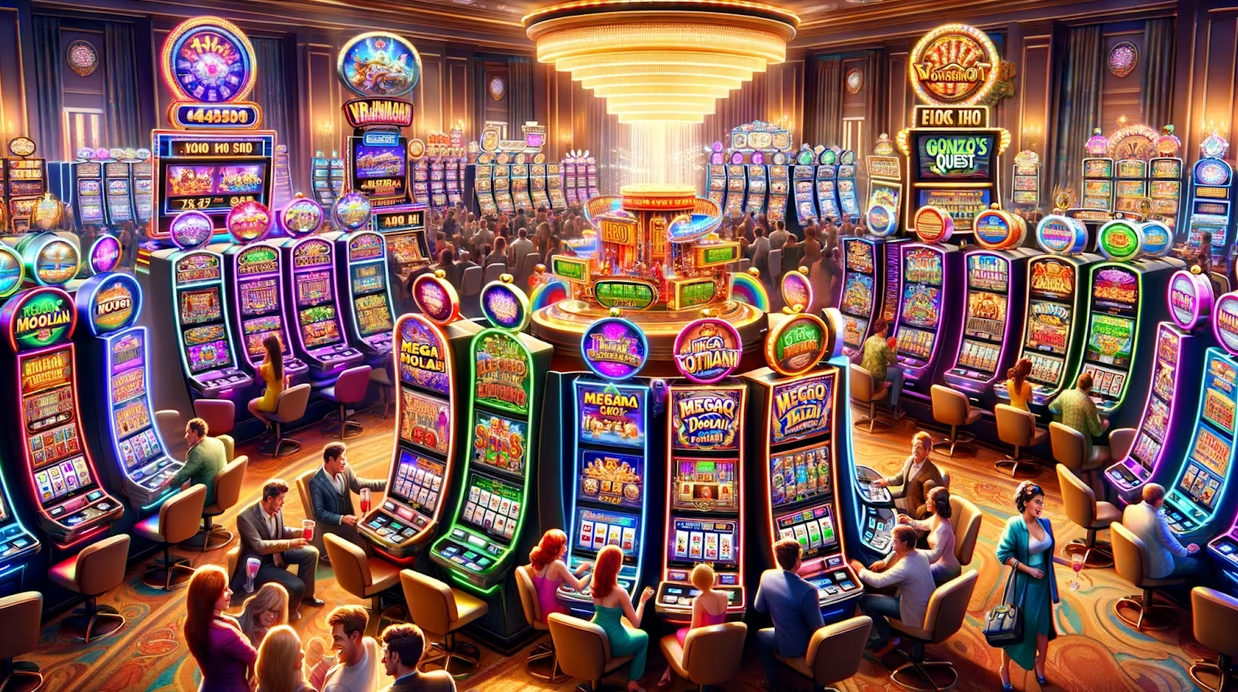
A casino game is a complex mixture of skill, luck and psychology. Understanding these factors can help you play responsibly and make better decisions.
For example, many casinos display the results of previous spins to encourage gamblers to believe that the same pattern will continue. This is a common psychological process known as the gambler’s fallacy.
Cognitive biases
Cognitive biases are a common problem in gambling, and they can cause players to lose money. These mental errors are the result of our brains simplifying information and reducing decision-making time. While they can help us make quick decisions, they can also lead to irrational beliefs and bad habits. In addition to these biases, there are several other factors that contribute to irrational behaviour in gambling.
One such bias is recency bias, where players overvalue recent results. For example, a long streak of red numbers on a roulette wheel leads players to believe that the wheel is biased and will continue to hit red. This is a fallacy called the hot outcome bias, and casinos exploit it by displaying a history of recent outcomes on their machines.
Another cognitive bias is survivorship bias, where players assume that success tells the whole story and neglect past failures. This is a form of attribution error and can lead to irrational gambling decisions. This bias was first documented by psychologist Ellen Langer in a series of experiments.
Illusion of control
Many gamblers suffer from the illusion of control, believing that they can exert a certain degree of skill in a game that is based on random chance. This misconception can lead people to take large risks that can have devastating financial consequences. In addition, it leads them to blame their losses on factors that are out of their control. This can be difficult to overcome, but there are ways to help.
One way is to challenge negative thinking habits such as the gambler’s fallacy and superstitions. This can be done by avoiding triggers, such as taking a different route to work or changing the channel when watching sports. It is also important to seek out information that disputes your existing beliefs, rather than seeking out only those things that confirm them.
Another technique is to use a psychological concept called “hot and cold numbers,” which involves analyzing the results of previous spins of the roulette wheel. The idea is that hot numbers are more likely to appear in the future, while cold ones will be less common.
Dopamine release
While the majority of people enjoy gambling, for a minority, it develops into compulsive and pathological behavior. This can be caused by the brain region known as the prefrontal cortex, which controls impulses, self-control, and decision-making. Recent studies have shown that near-miss events encourage continued play by heightening reward expectancy, a process reminiscent of drug addiction. This understanding may lead to new treatments for problem gambling.
A casino can elicit this response by using various visual and auditory cues. For example, a roulette wheel might show the results of previous spins, which leads players to believe that they have an effect on future outcomes. This is a phenomenon called the gambler’s fallacy and can lead to risky decisions.
Moreover, the gambling environment is highly stimulating and can cause dopamine release in the mesolimbic pathway, which activates feelings of pleasure. The dopamine-induced euphoria makes it difficult for people to stop gambling, even when they lose money.
Incentives
Research shows that casinos use various incentives to encourage players to continue gambling. For example, they often display near-misses and personal choice in order to promote the illusion of control, a mental phenomenon that encourages gamblers to believe that skill can influence game outcomes that are ultimately determined by chance.
The illusion of control heightens the sense of involvement and exhilaration. As a result, the brain releases dopamine, a neurotransmitter that makes you feel excited and motivated to keep betting. This feeling can be so strong that it is hard to resist the temptation to take more risks and increase your bankroll.
Incentives can also make you overestimate your chances of winning. These features, along with the sunk cost fallacy, can lead to more significant losses. This is why it’s important to understand how casinos work and how they nudge people into making poor decisions. Despite these tricks, it’s possible to have fun and play responsibly at a casino.









